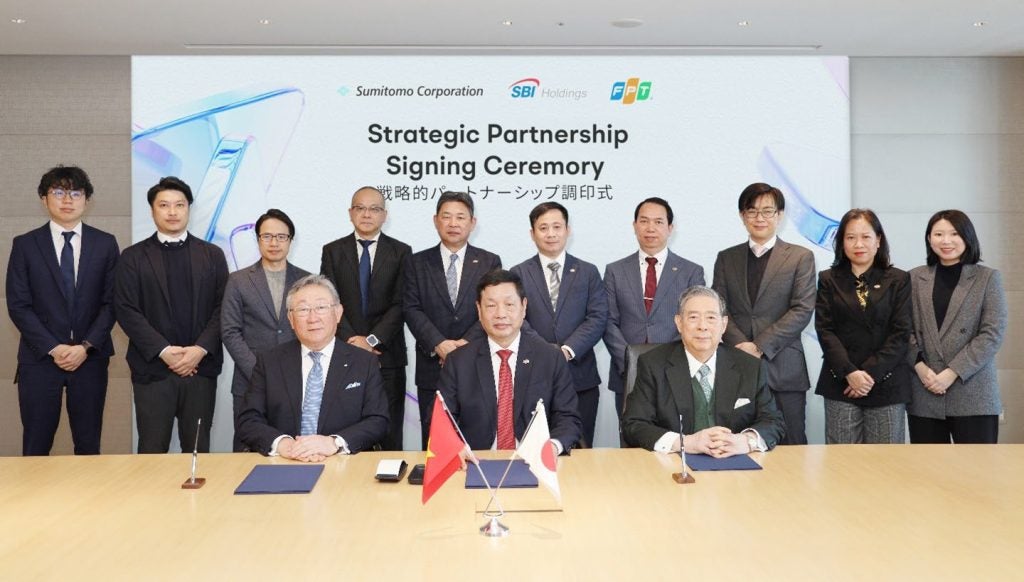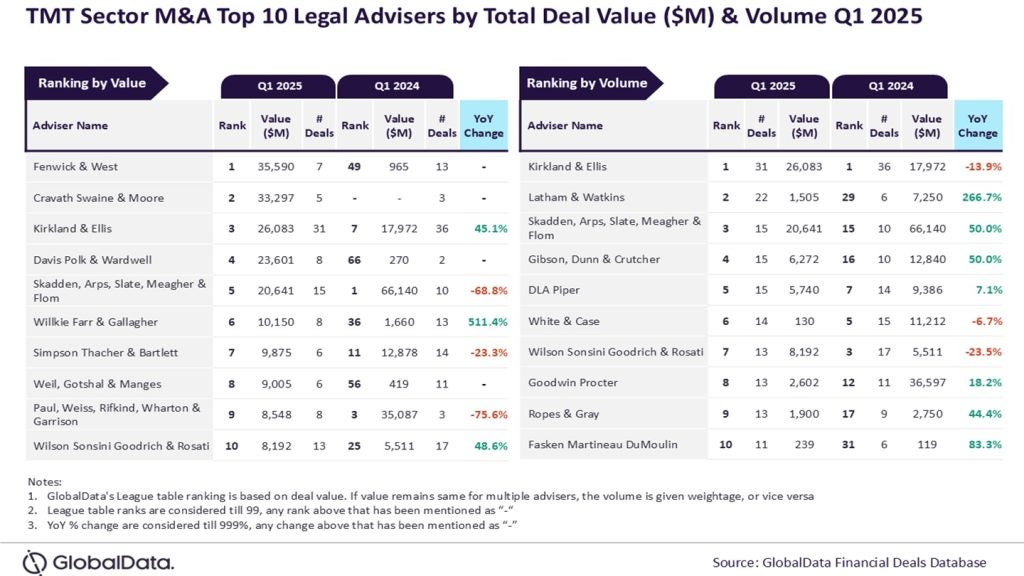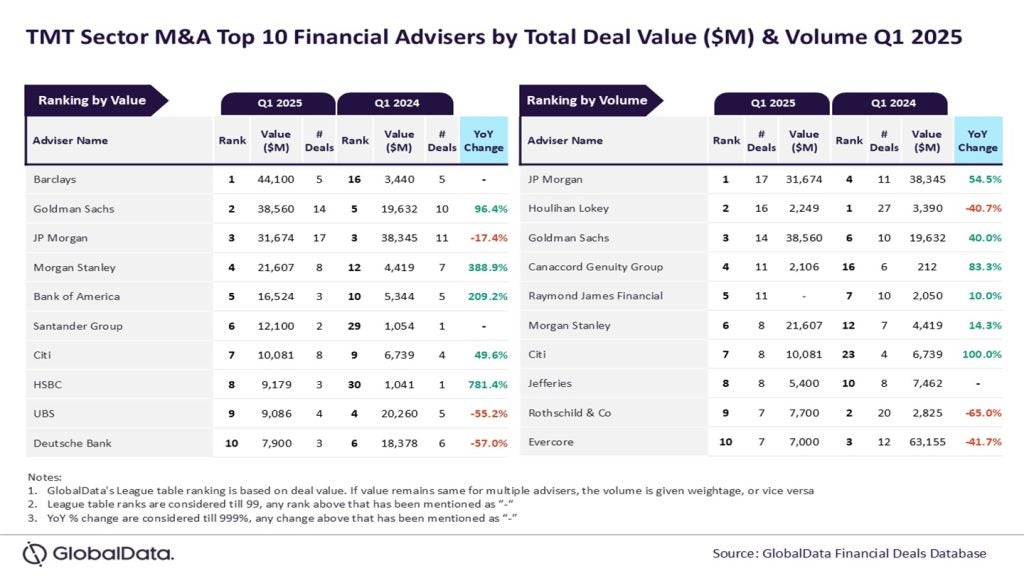
A bipartisan group of US lawmakers has written to pressure the Biden administration to control China’s use of RISC-V chips, according to a letter reviewed by Reuters.
The letter, addressed to Secretary of Commerce, Gina Raimondo, called for close examination of collaboration between tech companies over the research and deployment of RISC-V chips.
RISC-V chips are open standard, meaning that any companies can use it as a base for their own chip designs for a wide range of technologies.
According to MIT Technology Review, around 3,100 global companies and academic institutions were collaborating to establish further design norms for chips via the non-profit organisation RISC-V International.
“In a few years,” writes Sophia Chen for MIT, “[RISC-V] chips will be everywhere.”
Ahead of this, the group of lawmakers writing to the Department of Commerce state that the Biden administration must make public plans to inhibit China “from achieving dominance … in RISC-V technology and leveraging that dominance at the expense of US national and economic security.”
“While the benefits of open-source collaboration on RISC-V promise to be significant for advancement and development of the US semiconductor industry, it can only be realised when contributors are working with the sole aim of improving the technology,” the letter reads.
In a statement to Reuters, spokespeople for the Department of Commerce confirmed that Raimondo had received the letter and would respond in a timely manner.
Gina Raimondo is currently visiting the UK for its AI Safety Summit, where she delivered an opening keynote speech yesterday (1 November) alongside China’s vice-minister of science and technology Wu Zhaohui.
In a November 2022 analyst blog, GlobalData senior analyst Beatriz Valle wrote on the rising tensions within the semiconductor industry.
After pandemic related chip shortages, Valle stated that supply-chain imbalances have given way to an “increasingly geopolitical slant” to semiconductor competition. Whilst a “tug of war” between China and the US continues within technology, Valle argued that one possible outcome of these regulatory pressures could be a more innovative semiconductor sector.







